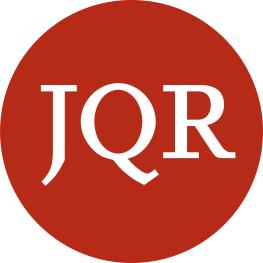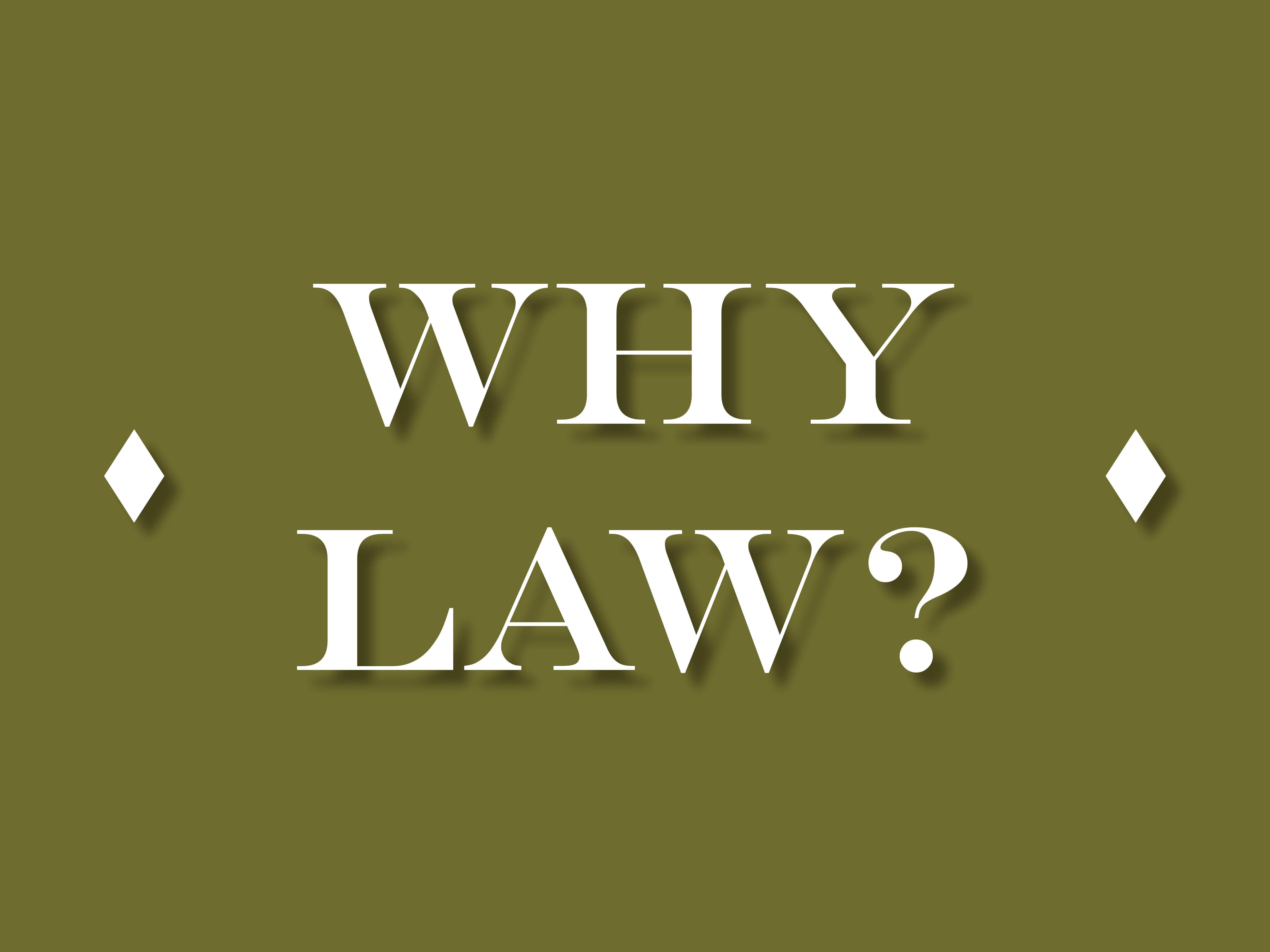Thinking through Law
Two recent JQR contributors—Ayelet Hoffman Libson and Phillip Lieberman—think with and through law.

The latest issue of JQR (111.2) contains several essays that focus on the political and legal in innovative ways.
In “One Jurist, Two Answers: Law, Advocacy, and Social Reality in the Jewish Community of the Medieval Islamicate World,” Philip I. Lieberman pushes against positivistic use of medieval responsa literature. It is tempting for historians, given both the paucity of documentary materials and the rich detail of responsa, to use responsa literature as a sort of daguerreotype of daily life. His essay sets two responsa from the Cairo Geniza in the context of the circulation of legal writing and court practice in medieval Egypt. Not only were both rulings apparently written by Maimonides, regarding the same legal case of mercantile law, but—icing on the cake—they take divergent legal positions on the same matter!
Lieberman’s careful analysis of the sources shows how the preserved materials are works of advocacy in which each quotidian detail is a carefully situated piece of an argument. He shows us a legal process in dynamic motion, an ongoing push and pull of interests that operate not only within, but also by means of, a law that shapes rhetorical forms and strategies. In so doing he offers a warning to historians not to check their critical skepticism at the courtroom door when they try to deploy legal documents to reconstruct daily life,.
Jumping back several centuries to the age of the tannaim, where sources are far thinner even than for the medievalist, and case law but a dream, Ayelet Hoffman Libson’s essay “Commandments and the Community of Law in Tosefta Berakhot” models a way to read the surviving legal material that combines historical contextual awareness with an eye for the political import of normative assertions. The rabbinic innovation of blessings over the commandments, she argues, is central to a tannaitic effort to set law itself at the core of individual and communitarian identity.
Though different in many ways, these two essays represent some of the vibrancy of legal studies surrounding Jewish texts. Each insists that legal sources think politically, and refuses to dislodge normative texts from their own shifting historical landscapes.



